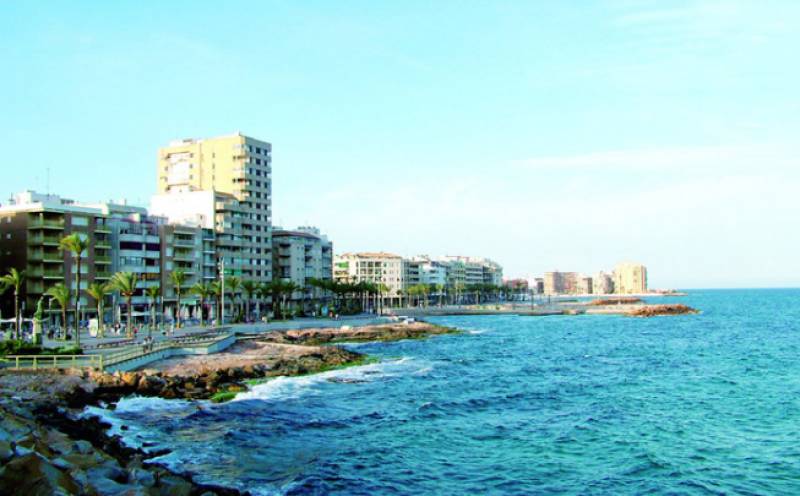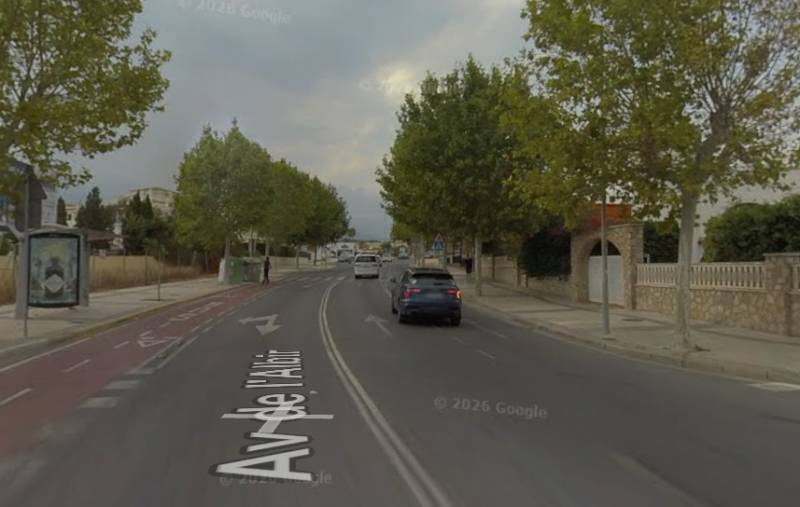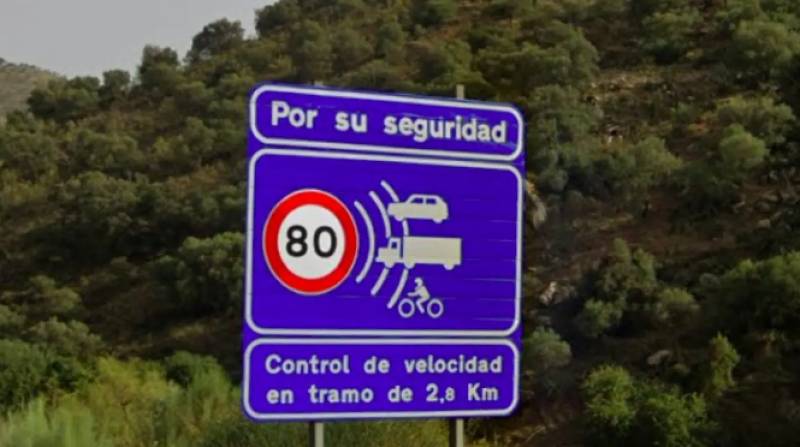- Region
- Vega baja
- Marina Alta
- Marina Baixa
- Alicante
- Baix Vinalopo
- Alto & Mitja Vinalopo
-
ALL TOWNS
- ALICANTE TOWNS
- Albatera
- Alfaz Del Pi
- Alicante City
- Alcoy
- Almoradi
- Benitatxell
- Bigastro
- Benferri
- Benidorm
- Calosa de Segura
- Calpe
- Catral
- Costa Blanca
- Cox
- Daya Vieja
- Denia
- Elche
- Elda
- Granja de Rocamora
- Guardamar del Segura
- Jacarilla
- Los Montesinos
- Orihuela
- Pedreguer
- Pilar de Horadada
- Playa Flamenca
- Quesada
- Rafal
- Redovan
- Rojales
- San Isidro
- Torrevieja
- Comunidad Valenciana
ARCHIVED - Four metre shark skeleton washed up on Alicante beach
Mystery initially surrounded the discovery at an Elche beach in the Baix Vinalopo, Alicante province
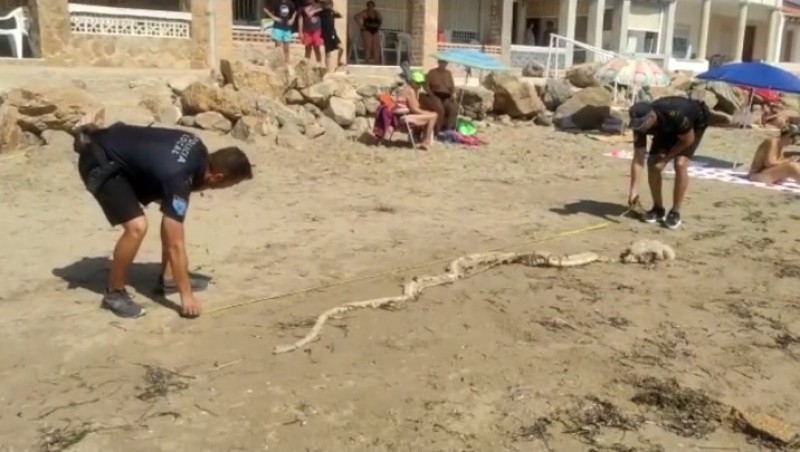
A four-metre skeleton was washed up by the tide on La Marina El Pinet beach in Elche on Wednesday morning (August 25), causing a stir as locals and police speculated what creature the remains belonged to.
As beachgoers looked on, Elche Local Police meticulously measured the skeleton and took photographs, with some questioning whether the bones could belong to a huge eel or even a monster from the deep.
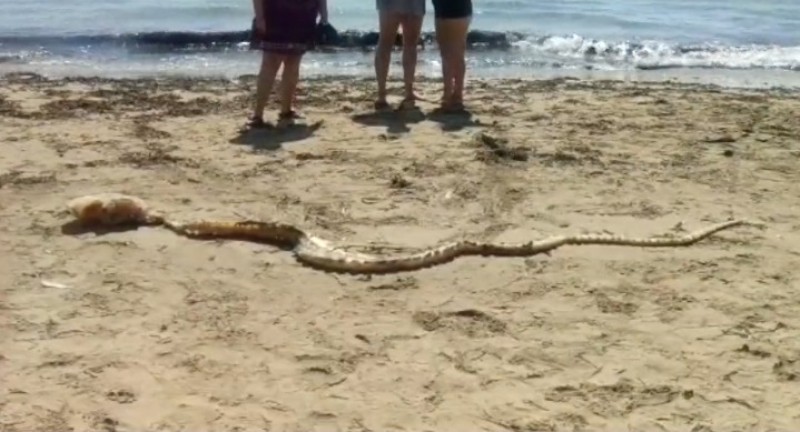
The mystery was solved within hours after police took photographs and measurements to the Department of Marine Biology at the University of Valencia where experts identified the remains as that of a cañabota shark, also known as a bluntnose sixgill shark (Hexanchus griseus).
Sharing a post on social media, Elche Local Police wrote: "It was neither the remains of a conger eel, nor a ray or a sea monster"...it was a shark.
Ni congrio, ni raya, ni monstruo marino... los #restos de #animal marino arrastrado por la marea hasta la playa de El Pinet en LaMarina era un tiburón #cañabota
— Policía Local Elche (@policiaelche) August 26, 2021
👉🏼 El espécimen, de unos 4 metros, ha sido #identificado por una bióloga de la Universidad de Valencia pic.twitter.com/LS09wExwiz
The remains will now be transferred to the Institute of Marine Biology for research, although little more is likely to be discovered in terms of its cause of death, "given the state in which it was found", say Elche police, although it is believed that its remains were eaten by other fish.
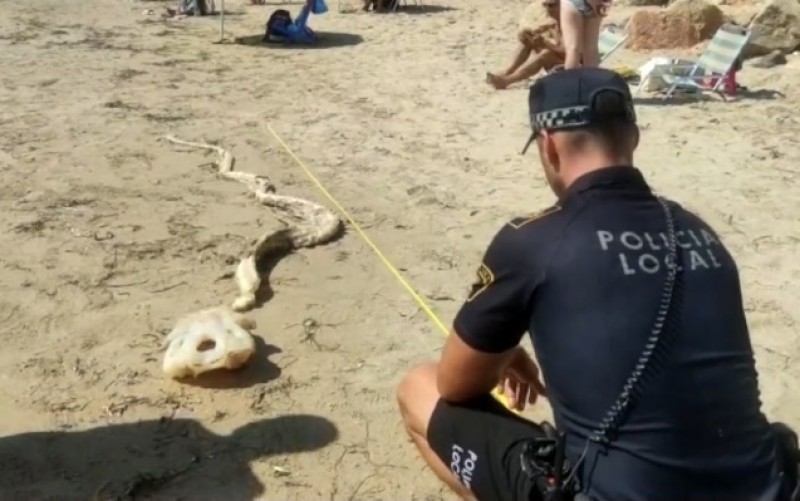
The largest of this family can reach up to six metres in length and weigh more than a ton. They are usually found at great depths in waters around the world and are not known to target humans, feeding on crustaceans and small fish.
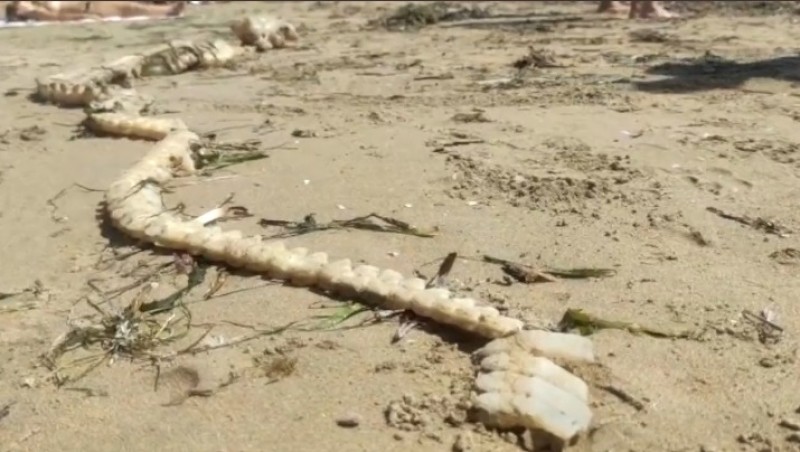
Only one provoked attack has been reported since the 1500's, according to the 'International Shark Attack File', and experts claim the species in fact appears to tolerate the presence of people.
A similar species was captured years ago in the waters off Alicante and another was sighted in Mallorca.
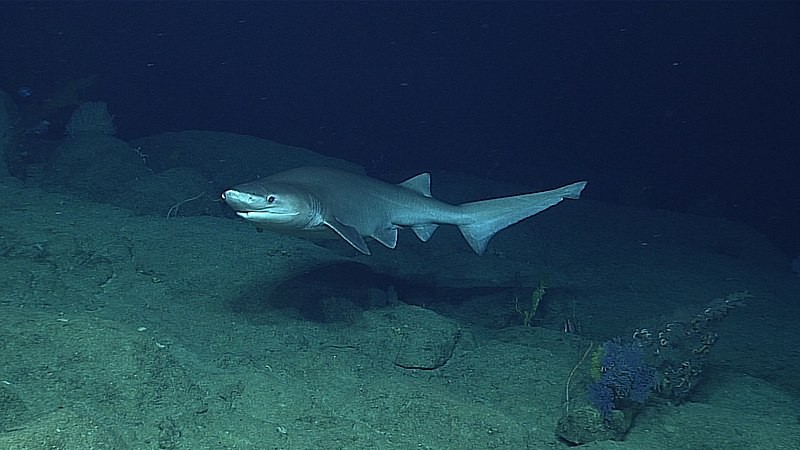
Earlier this week, a short distance away from where the skeletal remains were found, an alarm was raised after a woman was bitten on the foot by a "large fish" of an "unidentified species". She suffered minor injuries but was taken to Elche General Hospital to have the wound treated.
IMAGES: Policia Local Elche/wikipedia

















